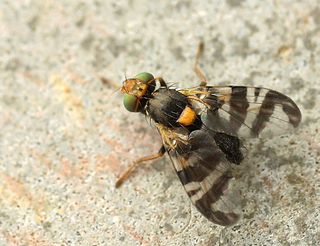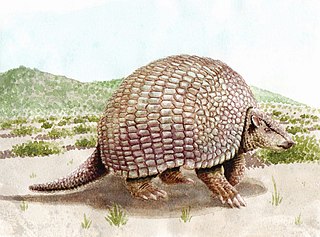
Spider-Man is a superhero appearing in American comic books published by Marvel Comics. Created by writer-editor Stan Lee and artist Steve Ditko, he first appeared in the anthology comic book Amazing Fantasy #15 in the Silver Age of Comic Books. He has since been featured in films, television shows, video games, and plays. Spider-Man is the alias of Peter Parker, an orphan raised by his Aunt May and Uncle Ben in New York City after his parents Richard and Mary Parker died in a plane crash. Lee and Ditko had the character deal with the struggles of adolescence and financial issues and gave him many supporting characters, such as Flash Thompson, J. Jonah Jameson, and Harry Osborn; romantic interests Gwen Stacy, Mary Jane Watson, and the Black Cat; and foes such as Doctor Octopus, the Green Goblin, and Venom. In his origin story, he gets spider-related abilities from a bite from a radioactive spider; these include clinging to surfaces, superhuman strength and agility, and detecting danger with his "spider-sense." He also builds wrist-mounted "web-shooter" devices that shoot artificial spider webs of his own design.

The giant armadillo, colloquially tatu-canastra, tatou, ocarro or tatú carreta, is the largest living species of armadillo. It lives in South America, ranging throughout as far south as northern Argentina. This species is considered vulnerable to extinction.

Cingulata, part of the superorder Xenarthra, is an order of armored New World placental mammals. Dasypodids and chlamyphorids, the armadillos, are the only surviving families in the order. Two groups of cingulates much larger than extant armadillos existed until recently: pampatheriids, which reached weights of up to 200 kg (440 lb) and chlamyphorid glyptodonts, which attained masses of 2,000 kg (4,400 lb) or more.
Hispo is a genus of the spider family Salticidae.

Simaetha is a genus of Australasian jumping spiders that was first described by Tamerlan Thorell in 1881. They resemble members of Simaethula and Stertinius.

Castianeira is a genus of ant-like corinnid sac spiders first described by Eugen von Keyserling in 1879. They are found in Eurasia, Africa, and the Americas, but are absent from Australia. Twenty-six species are native to North America, and at least twice as many are native to Mexico and Central America.

Rhagoletis is a genus of tephritid fruit flies with about 70 species.

The Sphinginae are a subfamily of the hawkmoths (Sphingidae), moths of the order Lepidoptera. The subfamily was first described by Pierre André Latreille in 1802. Notable taxa include the pink-spotted hawkmoth, being a very common and recognizable species, the death's-head hawkmoths of Silence of the Lambs fame, and Xanthopan morganii with its enormous proboscis.

Panochthus is an extinct genus of glyptodont, which lived in the Gran Chaco-Pampean region of Argentina, Brazil, Bolivia, Paraguay and Uruguay during the Pleistocene epoch.

Pyrausta cingulata, the silver-barred sable, is a species of moth of the family Crambidae. It was described by Carl Linnaeus in his 1758 10th edition of Systema Naturae. It is found in Europe.

Parasteatoda is a genus of comb-footed spiders that was first described by Allan Frost Archer in 1946. The name is a combination of the Ancient Greek "para-" (παρά), meaning "near" or "next to", and the theridiid genus Steatoda. The Japanese name for this genus is O-himogumo zoku.

Amegilla cingulata is a species of blue-banded bee native to Australia. Currently, several scientific organizations are conducting research on how A. cingulata benefits agriculture through its distinctive "buzz pollination".

Pirenella cingulata is a species of medium-sized sea snails or mud snails, marine gastropod mollusks in the family Potamididae, the horn snails.

Scolopendra cingulata, also known as Megarian banded centipede, and the Mediterranean banded centipede, is a species of centipede, and "the most common scolopendromorph species in the Mediterranean area".

Cyrtarachne is a genus of orb-weaver spiders first described by Tamerlan Thorell in 1868.

Asceua is a genus of Asian ant spiders first described by Tamerlan Thorell in 1887.

Castianeira cingulata, the twobanded antmimic, is a species of true spider in the family Corinnidae. It is found in the United States and Canada.

Pampatherium is an extinct genus of xenarthran that lived in the Americas during the Pleistocene. Some species went extinct right at the Pleistocene-Holocene border.
Neoglyptatelus is an extinct genus of xenarthran, belonging to the order Cingulata. It lived from the Middle to the Late Miocene, and its fossilized remains are found in South America.
















